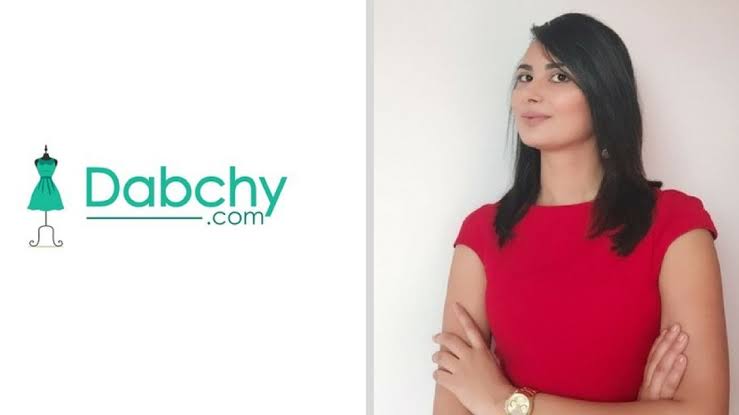On Tuesday, Dabchy, a Tunisian startup specialising in second-hand fashion, announced that it has successfully secured pre-Series A funding.
This funding round, led by Janngo Capital, aims to enhance Dabchy’s marketplace and expand its reach across North Africa and the Middle East.
Read also: Verto launches $15,000 Global Business Award to empower African startups
Funding details and growth strategy
The pre-Series A funding round raised a seven-figure amount and included participation from notable angel investors, such as Karim Beguir, the founder of InstaDeep.
This investment will fuel Dabchy’s growth as it diversifies its offerings and improves its platform capabilities.
“This funding will accelerate our growth, enhance our user experience, and enable us to expand our reach across North Africa and the Middle East,” said Ameni Mansouri, CEO and co-founder of Dabchy.
Dabchy was founded in 2016 by Mansouri, Ghazi Ketata, and Oussama Mahjoub. The platform connects buyers and sellers of second-hand fashion through an integrated delivery and payment system.
With over 1.3 million users, Dabchy is pioneering sustainable regional shopping. The startup’s mission is to simplify the resale of pre-owned clothing while promoting circular fashion practices.
Read also: Tunisian fintech startup EasyBank secures $370,000 in funding boost
Impact on sustainable fashion and the circular economy
Fatoumata Bâ, Founder and Executive Chair of Janngo Capital, emphasised the importance of this investment for both Dabchy and the broader Tunisian economy.
“Dabchy is a true pioneer in the sustainable transformation of the clothing sector,” she remarked. “We are proud to lead this round of funding to help Dabchy strengthen its position as a leader in Tunisia’s circular economy.”
The apparel sector significantly contributes to Tunisia’s GDP, with about 80 per cent of jobs in this industry held by women. This funding supports economic growth and promotes gender equality within the workforce.
Dabchy plans to leverage this investment to enter new markets like Egypt while expanding its product categories to include items beyond clothing.
















